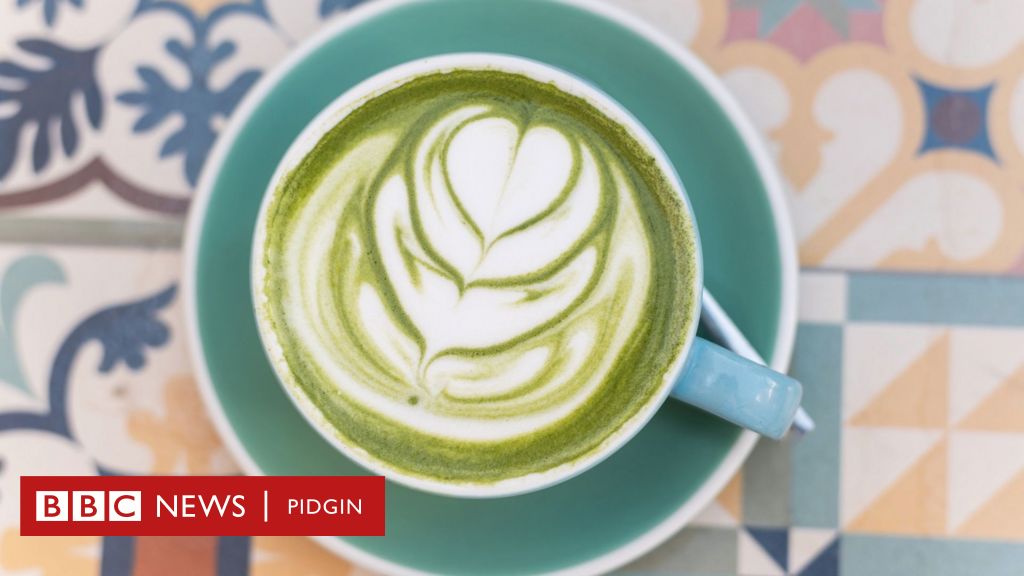Matcha Mania: Unveiling the Truth Behind the Green Tea Trend - Expert Insights

Matcha, the vibrant green tea powder, has exploded in popularity worldwide. Once a cherished staple in traditional Japanese ceremonies, it's now found in lattes, smoothies, and even baked goods. But beyond the trendy appeal, is matcha truly as beneficial as everyone claims? We delve into the science and explore the health benefits of matcha, separating fact from hype with expert insights.
What is Matcha and Why is it Different?
Unlike traditional green tea where leaves are steeped and discarded, matcha involves consuming the entire leaf, ground into a fine powder. This means you're getting a significantly higher concentration of nutrients and antioxidants. The unique cultivation process, where matcha plants are shaded for several weeks before harvest, also contributes to its rich color and distinct flavor profile.
The Power of Antioxidants: Exploring Matcha's Health Benefits
Matcha is particularly rich in catechins, a class of plant compounds with powerful antioxidant properties. Among these, epigallocatechin gallate (EGCG) stands out as a key contributor to matcha's health benefits. Here’s a breakdown of what the research suggests:
- Heart Health: Studies suggest that matcha may help lower LDL (bad) cholesterol and blood pressure, contributing to a healthier cardiovascular system.
- Brain Function: Matcha contains L-theanine, an amino acid that promotes relaxation and focus. Combined with caffeine, it provides a sustained energy boost without the jitters often associated with coffee. This unique combination enhances cognitive function and improves alertness.
- Metabolism Boost: Some research indicates that matcha may help increase metabolism and fat burning, potentially aiding in weight management.
- Liver Protection: Preliminary studies suggest that matcha may have protective effects on the liver.
- Anti-Inflammatory Properties: The antioxidants in matcha help combat inflammation throughout the body, potentially reducing the risk of chronic diseases.
Navigating the Hype: What to Consider
While matcha offers numerous potential health benefits, it's important to approach the hype with a balanced perspective.
- Caffeine Content: Matcha does contain caffeine, though typically less than coffee. Individuals sensitive to caffeine should consume it in moderation.
- Quality Matters: The quality of matcha can vary significantly. Look for vibrant green color, a smooth texture, and a fresh, grassy aroma. Ceremonial grade matcha is generally considered the highest quality.
- Potential Interactions: As with any supplement, it's always a good idea to consult with a healthcare professional, especially if you have any underlying health conditions or are taking medications.
Incorporating Matcha into Your Routine
Matcha is incredibly versatile! Enjoy it traditionally as a hot beverage, blend it into smoothies, or add it to your favorite recipes. Experiment with different preparations to find what you enjoy most.
The Bottom Line: Matcha offers a compelling combination of flavor and potential health benefits. While more research is always needed, the existing evidence suggests that incorporating matcha into a balanced diet can be a delicious and beneficial choice. Just remember to choose high-quality matcha and consume it responsibly.





